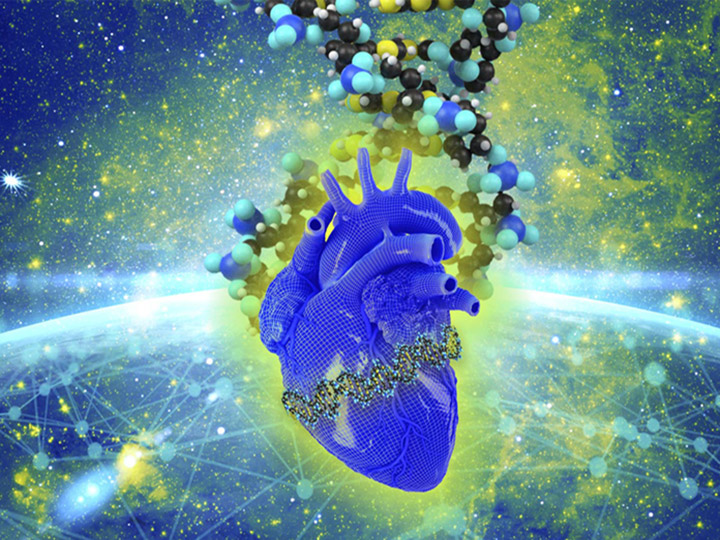Explore Humans in Space: Human Factors - Our Cardiovascular System
Monday 10/26/2020
6:00 pm ET
FREE 1-hour Webinar
Educators, Students, & Parents in Grades K-16
The NASA Educator Professional Development Collaborative at
Texas State University is providing a 1-hour webinar.

This year, NASA marks 20 years of continuous human presence aboard the International Space Station (ISS). Partly a U.S.-designated National Laboratory, the ISS facilitates one-of-a-kind research to examine short- and long-term cardiovascular health, with the objective of improving life on our blue planet. With the heart and blood vessels significantly affected by fluid shifts in microgravity, research studies on the ISS will play a key role in developing countermeasures that will protect astronauts on deep-space missions. In this webinar, we'll explore further the experiments that are not only helping NASA scientists understand the impacts long-duration spaceflight have on astronauts' hearts, but also on treatments doctors can use to fight heart disease here on Earth. Relevant instructional resources will also be included.
 |
Dr. Anne Weiss is the Education Professional Development Specialist at Langley Research Center, which serves Kentucky, North Carolina, South Carolina, Virginia and West Virginia. Anne originally trained as a neuroscientist, which included a research assignment in genetics at the U.S. Department of Energy’s Los Alamos National Laboratory. Since 1998, Anne has taught Earth science, chemistry & biochemistry, physical science, human anatomy & physiology, and general biology at the K-12 and higher education levels. As a graduate assistant, Anne served as Community Manager of the NASA Educators Online Network (NEON), the subject of her dissertation on online teacher professional development, for the NASA Aerospace Education Services Project (AESP). Anne earned a B.S. in Vertebrate Physiology (with history minor) from the Pennsylvania State University, a M.S. in Physiology from the Arizona State University, and a Ph.D. in Higher Education Administration from the Pennsylvania State University. | | |
|





